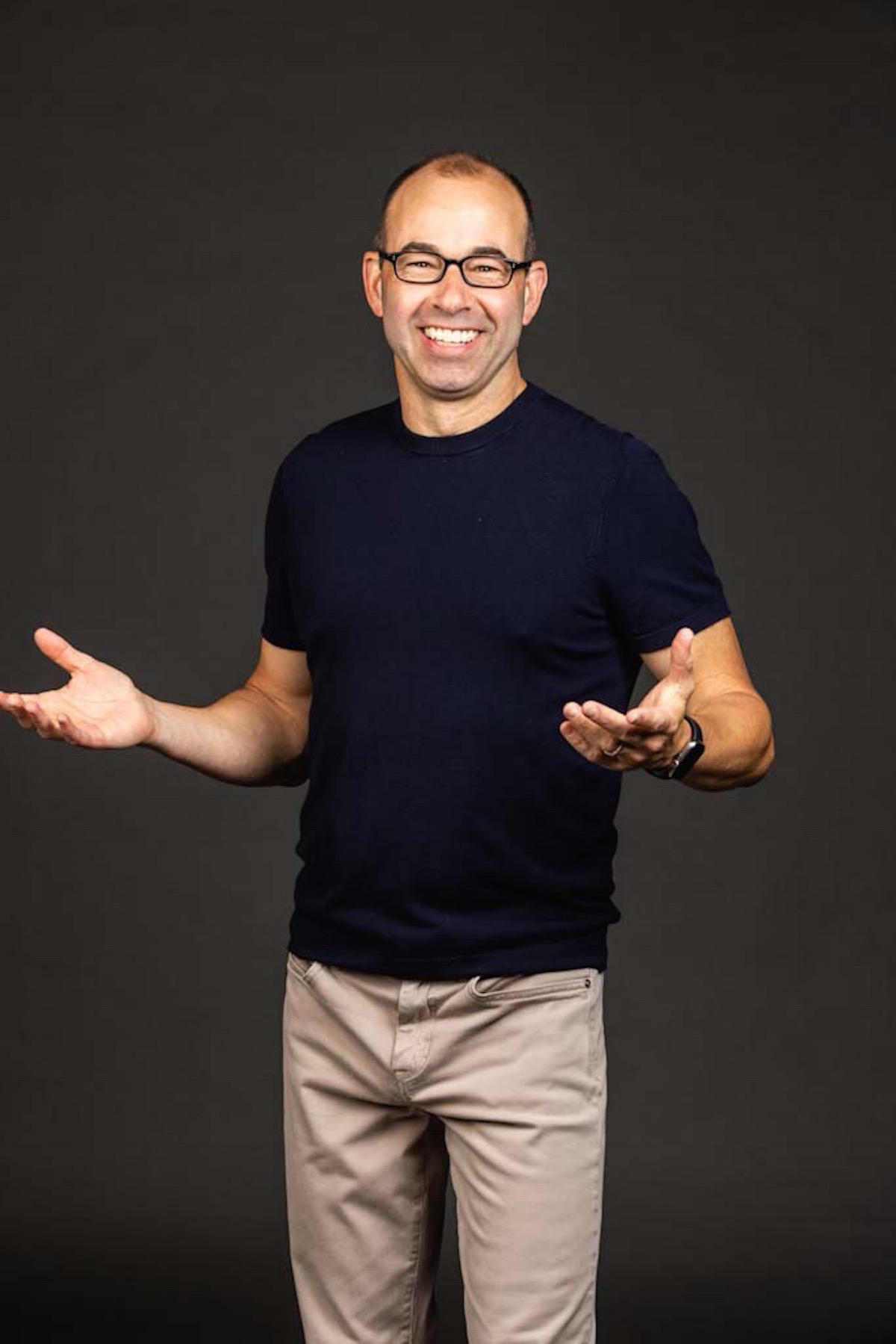Georgia students compete in national robotics competition
Published 8:15 pm Saturday, August 27, 2016

- Students from the Thomas County Resource Center competed at a national robotics convention earlier this month.
THOMASVILLE, Ga. — On Aug. 12, students from across Georgia gathered at Georgia Tech to watch a live broadcast of astronauts, Jeffrey Williams and Oleg Skripochka, who were controlling satellites aboard the International Space Station, with computer code written by students as part of their Zero Robotics summer learning program.
Ten students from the Thomasville Community Resource Center competed in the summer learning program and placed second in the statewide competition.
Trending
The “Infinity and Beyond” team was led by Jabari Acre, a FAMU freshman, and program manager Cortney O’neal.
The students were able to watch the competition live with three other camp sites that participated and kept score for the entire competition. With the help of their codes, as well as the first and third place winners, Georgia came in third place out of nine states that competed.
Excitement and competition was in the air for the students, because they held second until the last four rounds, when they dropped to third place.
Students played games, such as Jeopardy, related to space and robotics, explored careers related to STEM, and saw the Historic Grant Field/Bobby Dodd Stadium, where Georgia Tech’s football team plays. A speaker, a student working on his doctorate degree, talked briefly about his findings and what they have learned about the planet Pluto over the years. The students also visited the Georgia Tech bookstore and gift shop.
Brothers Joshua and Jaden Samuel said their favorite thing about the trip was being able to watch and compete. Daeyun Toussaint said his favorite part was getting a trip to Atlanta and placing in the competition.
Zero Robotics is a robotics programming competition that allows middle-school and high school students to work in teams to code and control Synchronized, Position, Hold, Engage, Reorient, Experimental Satellites (SPHERES). The game/challenge was designed by Massachusetts Institute of Technology students and changes every year to reflect a current need and research area of NASA. This year’s game, SpySPHERES, challenged teams to retrieve broken satellite debris, while taking and uploading pictures of the other SPHERE. Players also have to be wary of fuel and energy consumption and plan accordingly.
Trending
During the five-week program, middle school students worked to learn physics, mathematics, and computer programming through interactive activities and hands-on experience programming the SPHERES. Students spent much of the summer learning to write computer programs and formulating strategies for their SPHERES in anticipation of the final competition.
The Middle School Zero Robotics Summer Program began five years ago in the Boston area, centered around MIT, and has since grown to a program with locations around the country, including Alabama, California, Colorado, metro D.C./Maryland, Florida, Georgia, Idaho, Massachusetts, Minnesota, Oregon, Texas, West Virginia and Washington.
“The true innovators of the future are the ones that know how to program computers, not just how to use them.” said Alvar Saenz-Otero, director of the MIT Space Systems Laboratory. “That is why Zero Robotics teaches programing starting in Middle School.”
Zero Robotics is led by MIT’s Space Systems Laboratory, which originally designed the SPHERES, with partners MIT, Aurora Flight Sciences and the Innovation Learning Center. The middle school competition is sponsored by the Center for the Advancement of Science in Space (CASIS), the Northrop Grumman Foundation and NASA.





